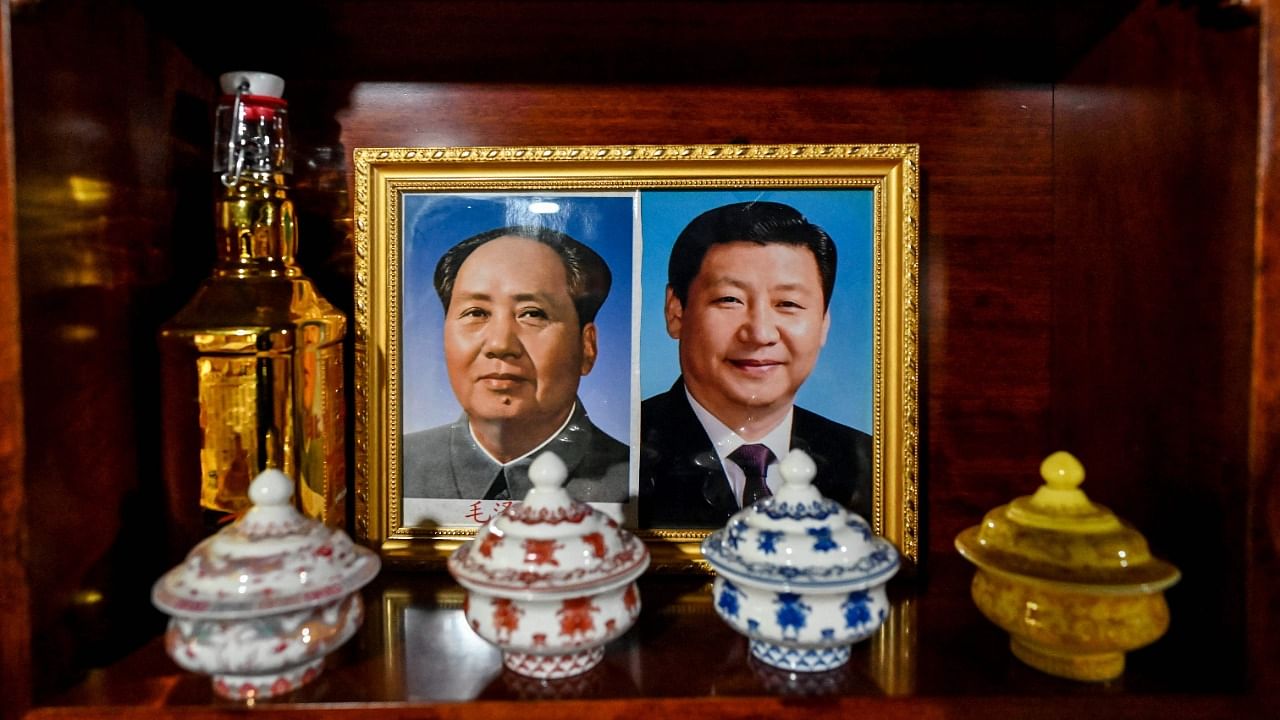
As the Chinese Communist Party marks its centenary, it is impossible not to look back at Mao Zedong, the foundation behind the emerging global super power today, under Xi Jinping - albeit having undergone many-a-change.
It all started in the 1920s, before the dawn of the Cold War, that pitted the world into two 'camps' - the 'capitalists', under the wing of the US, and the 'socialist bloc', under the leadership of erstwhile USSR.
China belonged to the latter camp, espousing similar Marxist idologies; but somewhere along the way, friction led to them parting ways with the Soviets.
Taking cues from the Bolshevik revolution in 1917, China had its own Communist revolution, which soon led to the party’s formation and first meeting in 1921.
‘The first meeting’ is said to have been on July 1 by Mao Zedong, who did not remember the date of the conclave, according to The Guardian.
The ‘Long March’ of 1934 was another major landmark. Chiang Kai-shek and his Nationalists emerged victorious in their power struggle and the Communist armies retreated into the hinterland. However, this was not a story of defeat but of delayed gains.
The Long March is Mao’s story of his rise to power as the Communist Party Chief as he earned the trust of party members during that period.
The 1949 revolution was the turning point for the Chinese Communist Party. Chiang Kai-shek was left weak after the 1945 defeat to imperialist Japan and his Nationalists were no match for the Communists, who were experts at guerrilla warfare. After the fall of erstwhile Peking (Beijing) in the battle, Mao became premier and the CCP started its reign in China.
Xinjiang and Tibet were subsequently conquered too and, this time, it was Chiang’s turn to retreat. He made his way to Taiwan, a territory China considers to be theirs till date.
Mao Zdong died in 1976, and this left a vacuum in the CCP leadership. But in 1978, China began to stabilise itself under Premier Deng Xiaoping and his reforms such as the ‘Open Door' policy to open up the Chinese economy.
Things took a much darker turn in the late 80s and the 1989 Tiananmen Square massacre stands testament to that. Scores of youth, mostly anxious and agitated students, were shot at by the People’s liberation Army when they gathered to protest against rapid changes in the post-Mao era, coupled with widespread corruption.
Currently, China is under the premiership of Xi Jinping, ‘revered’ by his people according to Chinese local media and powerful enough to keep the West on its toes. Jinping's regime is heavily criticised for propaganda, a recent example being the tighly monitored media tours of the Tibetan region, offering views of a life without the Dalai Lama.
Xi assumed power in 2012 and the CCP has since made significant changes in China since -- from abolishing a term-limit and lofty space missions to exerting tight control over Chinese citizens and even the ones in Hong Kong, and rights violations against Uighur Muslims.
A lot has changed in 100 years for the Chinese Communist Party.